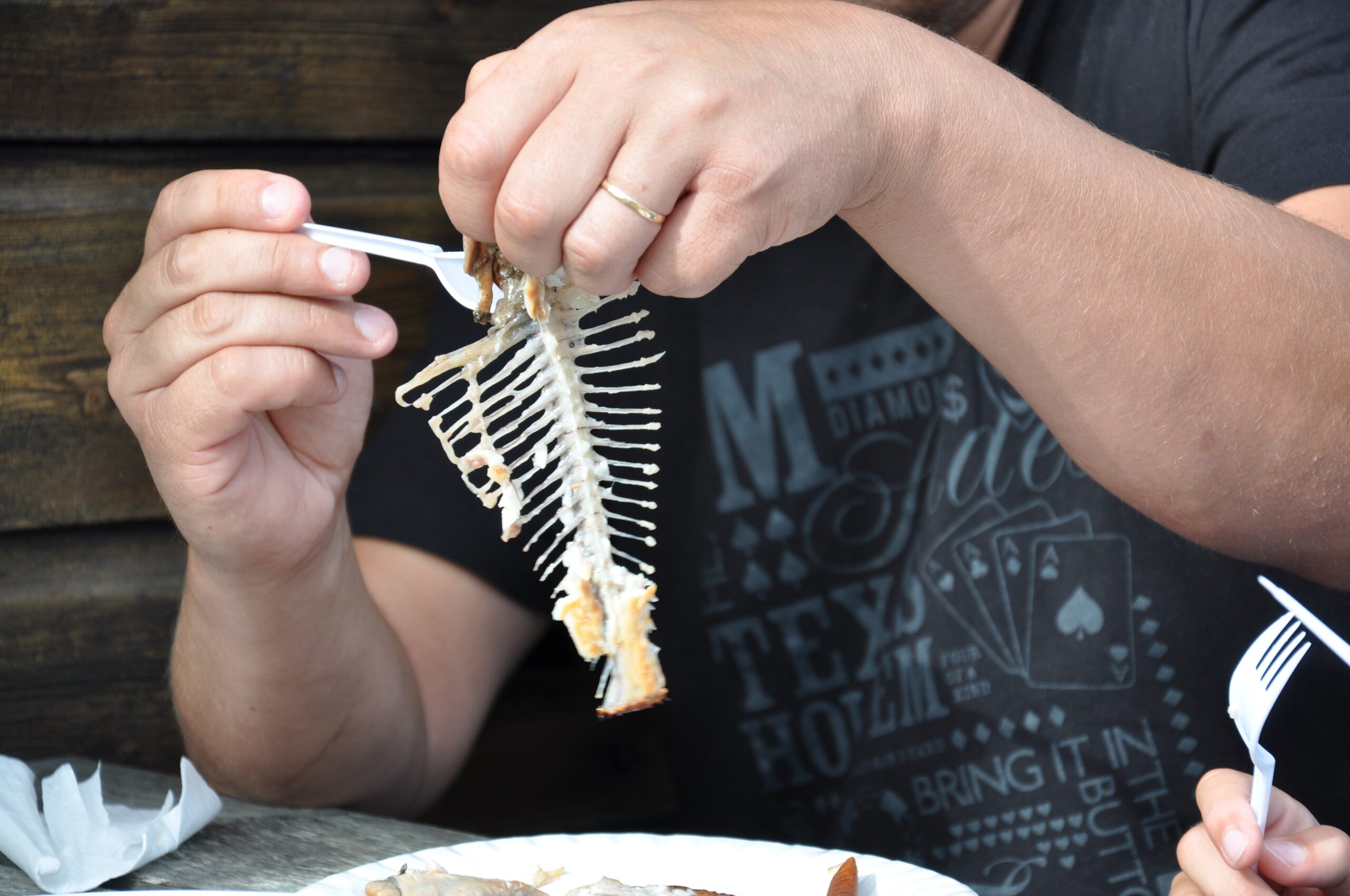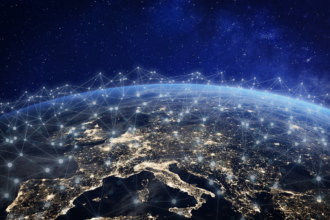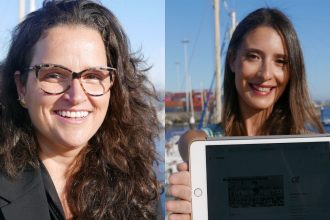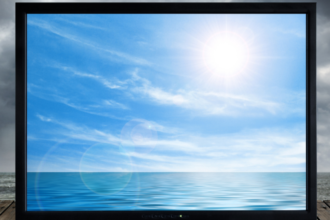Portugal wants to generate new value chains with fish waste
B2E – Blue Bioeconomy CoLAB leads bilateral cooperation project with Norway and Iceland
Transforming fish heads, guts or bones, which usually go to waste, into collagen, or creating an omega-3 rich fish oil. These are just two of the many opportunities that serve as examples for the project “Roadmap4MarineCoproducts – Towards the Future in Marine Resource Valorization”, led by B2E – Blue Bioeconomy CoLAB.
It is estimated that more than 10 million tons of unconsumed, but quality fish waste is wasted worldwide. But this waste, such as heads, bones, skin or entrails, represents a major potential source of value creation, market competitiveness and more environmentally responsible production.
The Roadmap4MarineCoproducts project aims, to learn from examples from Norway and Iceland, countries that are leaders in the area of maximising the value of each fish by transforming fish scraps that are not used into useful and value-added coproducts.
“Based on this bilateral cooperation, we will identify the best circular economy business ideas and practices. By collaborating with international experts and taking advantage of lessons learned in Norway and Iceland, we can boost the emergence of new businesses and promote economic sustainability also in Portugal,” advocates Maria Coelho, executive coordinator of B2E CoLAB.
By using the unused parts of fish, algae, shellfish and other marine organisms – called coproducts – new products are created that are used in various sectors, from the food industry to the pharmaceutical industry. In Iceland, for example, fish skin, heads and bones are processed into products such as skin-grafts to treat burns and soures, collagen, omega-3 rich fish oil, or protein rich fishmeal. The ultimate goal is to reach zero fish waste, while creating value for economy and society.
According to Maria Coelho, the project “aims to boost innovation and promote the sustainable growth of the sector in Portugal, transforming fish coproducts into business opportunities that benefit the circular economy and, consequently, the environment. This way, adds the executive coordinator of B2E CoLAB, “Portuguese companies will have the opportunity to diversify their business, create innovative products and establish strategic partnerships both nationally and internationally.
The Roadmap4MarineCoproducts project is led by B2E – Blue Bioeconomy CoLAB and funded by EEA Grants. The initiative brings together strategic partners and their knowledge through cross-border collaboration, such as the Norwegian Seafood Innovation Cluster (NCE Seafood Innovation) and the Iceland Ocean Cluster (IOC), and their associated networks, namely companies and innovation ecosystems, in a total of almost 200 entities.
In this phase, the project aims to survey the existing innovative technologies and sustainable practices, to map the different value chains of the sector’s industry in Portugal, identifying the types of co-products generated and exploring the possibilities for their use in various areas, such as food, textiles, carpentry and other industries, as well as networking actions between Portugal, Norway and Iceland. The final goal is the development of a Portuguese roadmap to guide the sector in implementing circular economy models and maximizing the potential of marine coproducts.
About EEA Grants:
Through the Agreement on the European Economic Area (EEA), Iceland, Liechtenstein and Norway are partners in the internal market with the Member States of the European Union. As a means of promoting a continued and balanced strengthening of economic and trade relations, the parties to the EEA Agreement have established a multi-year Financial Mechanism, known as EEA Grants.
EEA Grants aim to reduce social and economic disparities in Europe and to strengthen bilateral relations between these three countries and the beneficiary countries.
For the period 2014-2021, a total contribution of 2.8 billion euros was agreed for 15 beneficiary countries. Portugal will benefit from a sum of 102.7 million euros.
Learn more at eeagrants.gov.pt.





